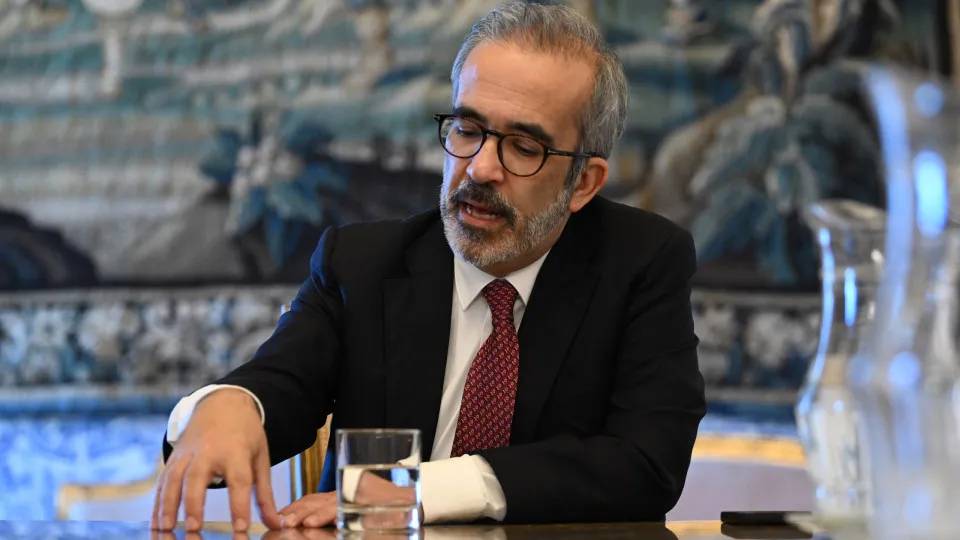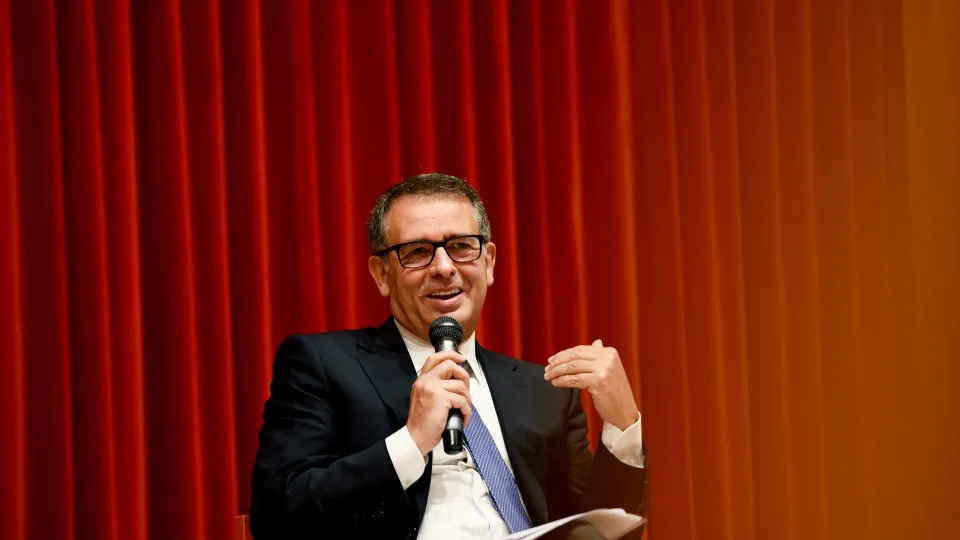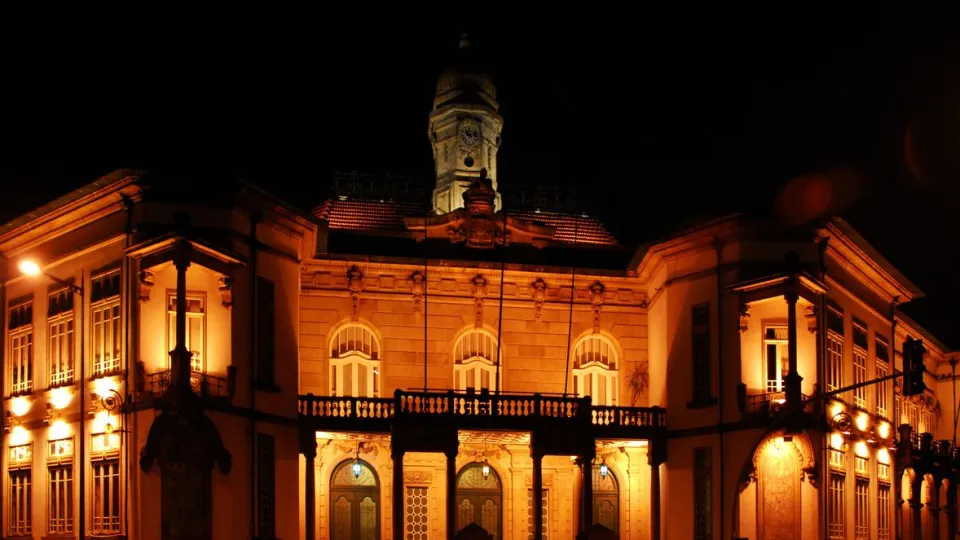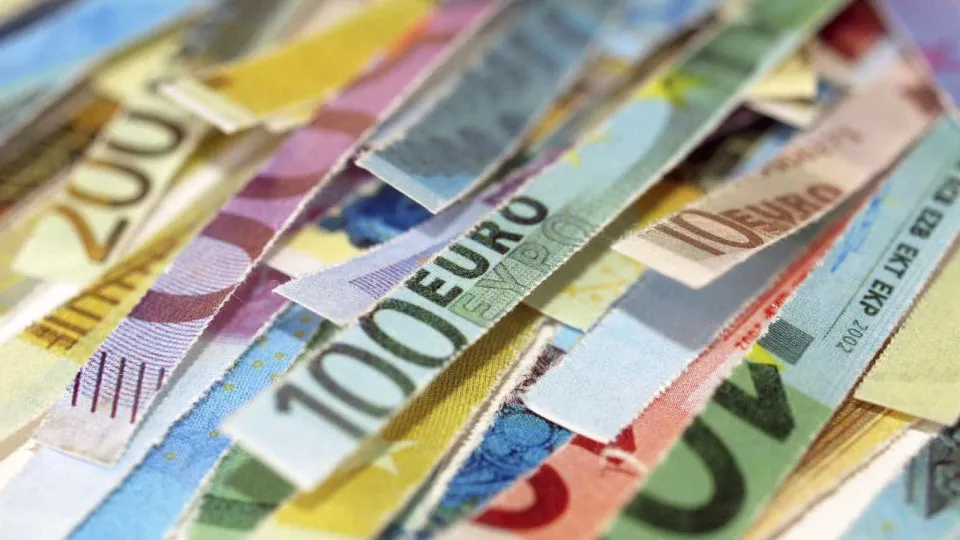
“It’s crucial to have a significant dialogue between these fronts. There’s a huge geopolitical shift happening. In fact, the Africa-Europe axis, connected by the Mediterranean, is losing geopolitical significance,” stated the Portuguese Foreign Minister in Barcelona, Spain, on the sidelines of the annual Union for the Mediterranean (UfM) meeting.
The UfM, recalled Paulo Rangel, is a multilateral forum that brings together the European Commission, all EU member states, and more than ten other countries from the Mediterranean basin, including the Middle East and North Africa.
The UfM meeting in Barcelona follows the European Union (EU) – African Union summit in Luanda. The Portuguese Foreign Minister expressed satisfaction that several ministers, including himself, attended both meetings, emphasizing the importance of working “on these fronts” and the “Europe-Africa axis.”
Rangel indicated that in today’s geopolitics, the Pacific, led by China and the United States, is gaining prominence.
“Europe can only assert itself globally with these partnerships, if there’s an Afro-European space that goes through the Mediterranean, through the Mediterranean basin. We need to project this new geopolitical reality by creating more joint projects between Mediterranean countries and the European Union,” he added.
For the Portuguese Foreign Minister, “these unions are achieved with significant geopolitical goals, of course, and with political issues” but “they only work if there are concrete projects” in areas such as education, migration, or energy.
In this context, Paulo Rangel welcomed the formal launch today in Barcelona of the new “Pact for the Mediterranean” by the European Union, which aims to deepen and relaunch cooperation between the European bloc and southern Mediterranean partners through over a hundred initiatives and projects.
“If we have concrete projects where we are partners, naturally solidarities will arise and the ability to integrate, to create a synergy between the aspirations of different countries, will work,” he stressed.
Amid several ongoing “very serious” conflicts in the Middle East region (Israel-Palestine, Lebanon, and Syria), “there’s much talk about the idea that the Union for the Mediterranean must interact with Gulf countries,” said the Foreign Minister, arguing that “it’s true, without a doubt, but it must also interact with African countries.”
The minister said that “Portugal’s specific contribution” to the UfM meeting today was precisely to advocate for the necessity of “a dialogue with the Gulf due to the conflicts” in the Middle East but also for working on “a dialogue with the African Union and Africa.”
“Because some issues that need to be resolved by southern Mediterranean countries, which have a direct impact on European countries and not just southern Europe, but all of Europe and the entire EU, also come from the African continent,” he added, referencing issues related to migration flows or instability and insecurity in regions like the Sahel.
“We need policies that meet the needs of the African continent as well,” he insisted, considering it crucial to align Africa, the Middle East, the Mediterranean basin, and Europe because “it connects the Indian and Atlantic oceans and allows for alternatives to the Pacific.”
The UfM was established in 2008 and succeeded the Euro-Mediterranean Conference, founded 30 years ago in 1995, known as the “Barcelona process,” aiming to foster cooperation in the Euro-Mediterranean region.
The UfM includes the European Commission and 43 countries—the 27 EU member states and 16 other Mediterranean states from Europe, North Africa, and the Middle East, including Palestine, not officially recognized as a state by several UfM member countries.
The annual UfM meeting, known as the Regional Forum of the UfM, is a gathering of foreign ministers and takes place annually in Barcelona.




